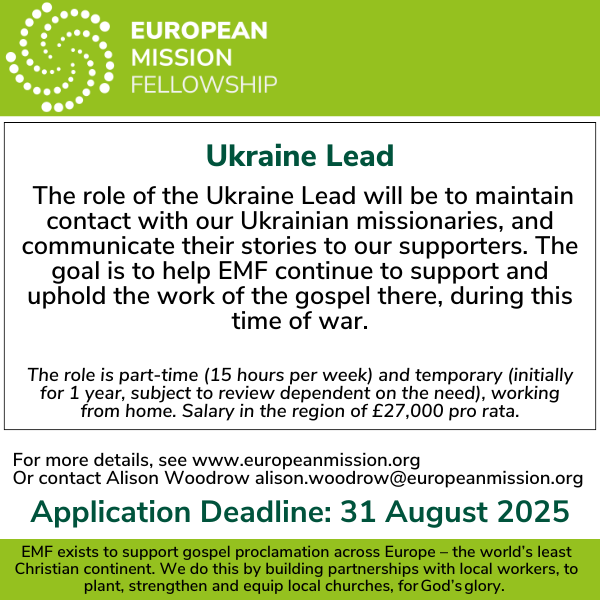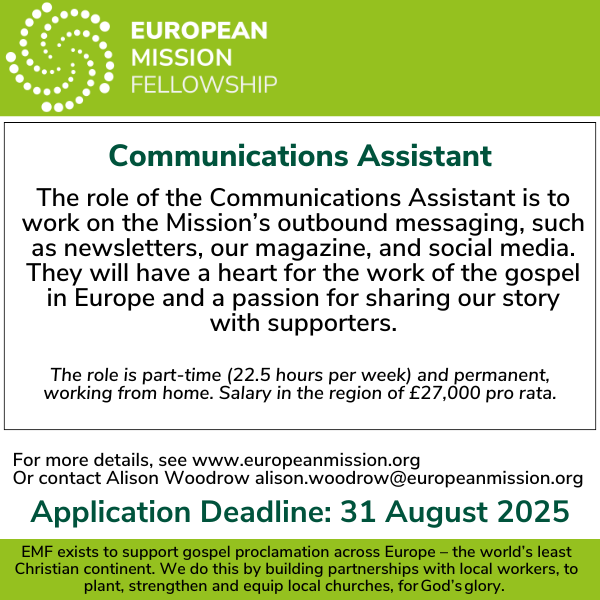
Almuñecar is a small cosmopolitan town of around 29,000 people. There are a considerable number of foreign residents who have their second home here or come often for holidays.
The town is located in the heart of what is called the ‘Costa Tropical’, between Nerja, in Málaga province, and the province of Almería. There are good transport links from Málaga and Granada (45 minutes by car). The climate makes it possible to grow many tropical fruits like mangos, papayas, avocados and bananas.
History
Almuñecar was named by the Moors Hins-Al-Monacar, which means ‘city surrounded by mountains’. This settlement has an ancient history. It was a Phoenician colony that was later conquered by the Romans, who gave the city special status.
Towards the end of the seventh century, it was conquered again, this time by the Moors. From Phoenician times the town preserved a fish factory. This was an important and prosperous industry, which exported a kind of salty fish pâté (garum) to Rome and the rest of the Roman empire. The Romans didn’t just improve the factory, they extended it and, among other civil and military constructions, built a great aqueduct.
The Catholic kings reconquered Almuñecar and built a large Roman Catholic Church in the highest place of the town, occupied previously by the mosque, to show to everybody the power and supremacy of the new church and new kingdom.

Religious uniformity was imposed through fear and fire. First the Jews were expelled, in 1492. After two decades Muslims faced the same fate, and finally Spanish Protestants were persecuted in many Spanish cities and towns and burned at the stake. Many fled to Protestant countries.
Distinctives
In the past 40 years of democracy many things have changed in Spain. We are living now, along with many European countries, in a secular and post-modern society. Sadly, Spain shares with them an increasing lack of interest in biblical Christianity.
Yet Spain is also different. Surprisingly, all kinds of popular religious events, like processions at Easter, festivals and religious dates are increasingly attended with enthusiasm, by the great majority of the population.
The Catholic Church is supported financially by the civil authorities, especially in southern Spain. The power of this Church and its influence in politics and society through the media is overwhelming. This situation in Spain is similar to the Orthodox Church’s influence in the Russian Federation and countries like Romania, Bulgaria and Greece, where the national church is dominant.
Our country suffered its biggest economic crisis ever in 2008 and is still struggling with its effects.

Congregation
In 2003 we opened our premises for public worship, with the support of European Mission Fellowship, and in the same year I was ordained as the pastor.
In the years since then, we have been working in the church, preaching, teaching and organising different kinds of evangelistic activities. From the beginning, we have distributed leaflets at the flea market every Friday, where we have a bookstall. Because of this, some people started to attend the church.
From time to time we organise conferences at the Arts Centre, and six years ago we started a new project, broadcasting radio adverts with the local radio station. We also have interviews on local television. Both these ministries deal with a wide range of biblical issues.
We translate the sermon into English every Sunday, so if you are thinking about coming to the south of Spain, you are welcome!
The Lord has been good to us. He provided for our needs as a family and as a church. The Lord has given us a heart for Spain and we are convinced he is building his church, so there is no reason to be dismayed. We remind ourselves all the time that our part in the work is persevering in sowing, waiting in faith, praying for the lost — and that the Lord will do the rest, in his time.
For all these reasons, and in spite of hardships and difficulties, we are aware of the benefits that the light of the Scripture can bring to Almuñecar and Spain, through the preaching of God’s Word and through his Holy Spirit.
Manuel López Franco
More information: www.iglesiadealmunecar.vpweb.es and www.europeanmission.org







